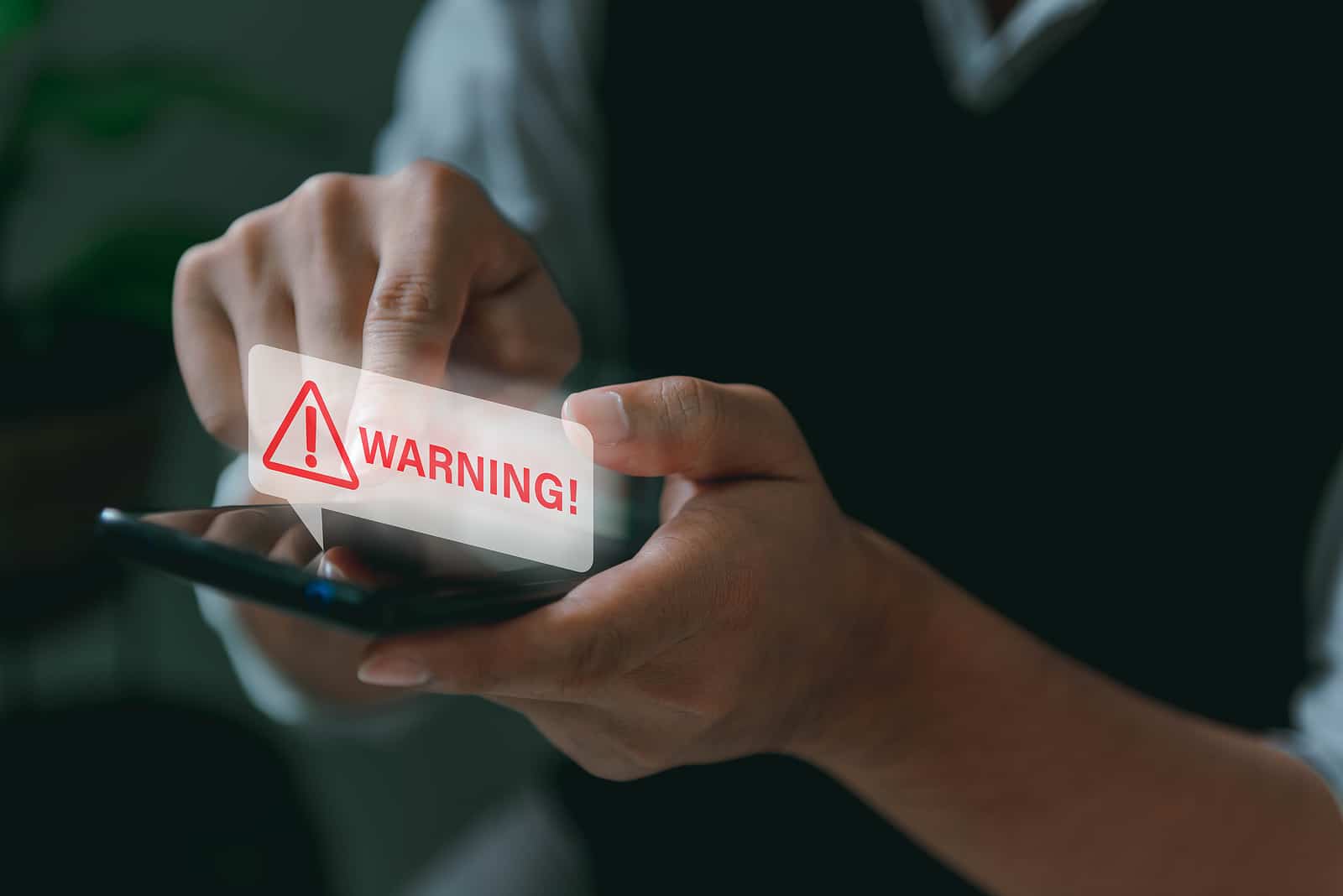Travel Scams: Protect Your Trip and Your Wallet
Why Awareness of Travel Scams is Crucial
Traveling is one of life’s greatest joys, but it can also leave you vulnerable if you’re not aware of common scams. From fake booking websites to overpriced taxi rides, scammers are constantly looking for ways to exploit unsuspecting tourists. At Traveler Review Hub, we make it our mission to educate travelers about the most common scams worldwide, how they work, and—most importantly—how you can avoid falling victim.
Travel scams don’t just cost money; they can also ruin the excitement of a trip. Imagine arriving at your hotel only to discover your reservation never existed, or paying for a tour that turns out to be nothing more than a bus ride through the city. By staying informed, you can protect both your wallet and your peace of mind.

The Most Common Travel Scams to Watch Out For
Fake Rental Listings
Scammers advertise vacation rentals that don’t exist or aren’t available. Victims send deposits in advance and arrive to find no property waiting for them.
Taxi Overcharging
Unlicensed drivers, or even some legitimate ones, may avoid using meters, take longer routes, or quote inflated fares.
Currency Exchange Tricks
Street money changers may give counterfeit bills or short travelers by slipping in incorrect amounts.
Fake Tours or Guides
Unauthorized “guides” may offer bargain tours but deliver poor-quality experiences—or disappear altogether with your payment.
Free Gifts or Distractions
A stranger offering a bracelet or flower may demand money after placing it on your wrist, while distractions are sometimes used for pickpocketing.
Too-Good-to-Be-True Deals
Deeply discounted cruises, airfare, or resort packages advertised online often turn out to be bait-and-switch scams.
Top 20 Travel Scams Around the World and How to Avoid Them
Travel opens doors to new cultures, foods, and unforgettable memories. But alongside breathtaking destinations comes an unfortunate reality—travel scams. Opportunistic fraudsters often target tourists because they are less familiar with local customs, currencies, and surroundings.
From pickpocketing in crowded plazas to fake taxi drivers at airports, scams can ruin a dream vacation. While no destination is entirely free from risk, awareness is the best defense. This guide breaks down the 20 most common travel scams, where they happen most, how to recognize them, and—most importantly—how to avoid them.
For up-to-date information, you should always check official resources such as the U.S. State Department Travel Advisories and the UK Foreign Travel Advice.
1. The Overpriced Taxi Scam
How it works: Unsuspecting travelers are lured into taxis without meters, or with tampered meters that jump quickly. Drivers may take long detours or claim “flat rates” that are double or triple the normal fare.
Where it’s common: Airports and tourist hotspots in cities like Bangkok, Cairo, and Mexico City.
Prevention tips:
- Always insist on a metered taxi or use reputable ride apps like Uber or Grab.
- Ask hotel staff for the expected fare before leaving.
- Avoid drivers who approach you aggressively at arrivals halls.
2. Fake Police Officers
How it works: A “police officer” stops you, claiming to check passports, IDs, or wallets for counterfeit bills. After examining, they subtly pocket cash or documents.
Where it’s common: Tourist zones in Eastern Europe, parts of Latin America, and Southeast Asia.
Prevention tips:
- Ask for official ID and badge number.
- Politely refuse to hand over your wallet—only show ID.
- Step into a police station if unsure.
1. The Overpriced Taxi Scam
How it works: Unsuspecting travelers are lured into taxis without meters, or with tampered meters that jump quickly. Drivers may take long detours or claim “flat rates” that are double or triple the normal fare.
Where it’s common: Airports and tourist hotspots in cities like Bangkok, Cairo, and Mexico City.
Prevention tips:
- Always insist on a metered taxi or use reputable ride apps like Uber or Grab.
- Ask hotel staff for the expected fare before leaving.
- Avoid drivers who approach you aggressively at arrivals halls.
2. Fake Police Officers
How it works: A “police officer” stops you, claiming to check passports, IDs, or wallets for counterfeit bills. After examining, they subtly pocket cash or documents.
Where it’s common: Tourist zones in Eastern Europe, parts of Latin America, and Southeast Asia.
Prevention tips:
- Ask for official ID and badge number.
- Politely refuse to hand over your wallet—only show ID.
- Step into a police station if unsure.
3. Pickpockets in Crowded Areas
How it works: Skilled thieves use distraction techniques—asking questions, bumping into you, or spilling something—while an accomplice lifts your belongings.
Where it’s common: Train stations, metro systems (Paris, Rome, Barcelona), festivals, and markets.
Prevention tips:
- Carry bags across your chest with zippers closed.
- Use money belts or anti-theft backpacks.
- Be extra alert when someone “creates” a distraction.

4. Distraction Scams (Spilled Drink or Flower Trick)
How it works: Someone spills a drink, drops coins, or offers a “free” flower or bracelet, then uses the chaos to pickpocket.
Where it’s common: Mediterranean tourist hubs such as Barcelona, Rome, and Athens.
Prevention tips:
- Decline “free gifts” from strangers.
- Move away from chaotic situations immediately.
- Check your belongings right after any commotion.
5. Fake Wi-Fi Hotspots
How it works: Scammers set up free Wi-Fi networks with names like “Airport_Free_WiFi.” Once connected, your data (passwords, emails, banking details) can be intercepted.
Where it’s common: Airports, cafés, and city centers globally.
Prevention tips:
- Use a trusted VPN.
- Confirm the official Wi-Fi with staff before connecting.
- Avoid online banking on public networks.

6. ATM Skimming
How it works: Fraudsters attach hidden devices to ATMs that copy card data and steal PIN numbers via tiny cameras.
Where it’s common: Tourist areas worldwide, especially in Asia and Eastern Europe.
Prevention tips:
- Use ATMs inside banks or hotels.
- Cover your hand when entering your PIN.
- Regularly monitor your bank account for unusual charges.
7. Counterfeit Tickets and Tours
How it works: Tourists buy tickets from unofficial sellers for trains, museums, or attractions, only to find they’re fake—or the “tour” never exists.
Where it’s common: Around Eiffel Tower (Paris), Colosseum (Rome), and Taj Mahal (India).
Prevention tips:
- Purchase tickets only from official websites or trusted vendors.
- Avoid street sellers with unbeatable prices.
- Ask hotels or concierge to recommend verified tour operators.
8. The Closed Attraction Trick
How it works: A local tells you that a temple, museum, or attraction is “closed today,” then redirects you to a friend’s shop, taxi, or overpriced “private tour.”
Where it’s common: Southeast Asia (Bangkok, Delhi) and Turkey (Istanbul).
Prevention tips:
- Double-check hours online or with official staff.
- Politely decline “alternative tours.”
- Stick to your planned route if in doubt.
9. Overpriced Street Food or Restaurant Menus
How it works: Vendors lure you with low prices, then switch menus or add hidden charges. Some even bring unordered food and demand payment.
Where it’s common: Tourist-heavy districts in Beijing, Prague, and Marrakech.
Prevention tips:
- Always check menus before ordering.
- Ask for a receipt and verify items.
- Avoid restaurants without clear pricing.

10. Fake Petitions and Donation Requests
How it works: Young people with clipboards ask you to sign a petition or donate to a “charity.” While you’re distracted, accomplices may pickpocket—or they pressure you into handing over cash.
Where it’s common: Major European cities (Paris, Rome, Berlin) and U.S. tourist sites.
Prevention tips:
- Never hand over cash or sign anything in the street.
- Walk away confidently.
- Only donate through official organizations.
11. Fake Accommodation Listings
How it works: Travelers book a “dream rental” on shady platforms or fake websites, only to find the property doesn’t exist—or is already occupied.
Where it’s common: Worldwide, but especially in high-demand vacation spots like Barcelona, New York, and Bali.
Prevention tips:
- Use trusted platforms (Airbnb, Booking.com, Vrbo) with verified reviews.
- Be cautious of hosts who insist on wire transfers.
- Cross-check addresses with Google Maps and reviews.
12. Currency Exchange Tricks
How it works: Street money changers offer “better rates,” but count cash quickly or slip in counterfeit bills.
Where it’s common: Border towns in South America, Southeast Asia, and Eastern Europe.
Prevention tips:
- Exchange only at official banks or ATMs.
- Count money slowly and in front of the cashier.
- Learn to recognize local currency denominations.
13. Fake Ride-Sharing Drivers
How it works: Scammers pose as Uber/Lyft/Grab drivers, sometimes with stolen logos or fake apps. Once inside, they overcharge, take detours, or worse.
Where it’s common: Airports and nightlife districts in major cities.
Prevention tips:
- Confirm the license plate and driver photo in your app before entering.
- Never accept rides outside the official platform.
- Share your trip details with a friend or family member.
14. Staged Accidents
How it works: Someone deliberately trips or collides with you, then accuses you of injuring them or damaging property. Accomplices demand compensation on the spot.
Where it’s common: China, Turkey, and Eastern Europe.
Prevention tips:
- Stay calm and refuse to pay on the street.
- Call local authorities or hotel staff.
- Use travel insurance for legal and medical protection.
15. Fake Souvenirs and Overpriced Goods
How it works: Tourists are sold “handmade” or “authentic” goods that are actually mass-produced. Prices may be inflated several times over.
Where it’s common: Souk markets in Morocco, bazaars in Turkey, and street markets worldwide.
Prevention tips:
- Research typical prices beforehand.
- Haggle respectfully—it’s often expected.
- Buy from reputable stores or government-run outlets.

16. Fake Travel Agencies and Package Deals
How it works: Online agencies advertise luxury trips at bargain prices. Once you pay, tickets or vouchers turn out to be fake—or hidden fees make it costlier than booking directly.
Where it’s common: Online, especially targeting long-haul destinations.
Prevention tips:
- Book through established agencies or official airline sites.
- Check reviews and verify company registration.
- Avoid wire transfers or prepaid debit card payments.
17. The Friendly Local Offering Help
How it works: Someone offers to guide you, help with ATMs, or “recommend” a bar or store. They receive a kickback—or worse, lure you into scams.
Where it’s common: Popular tourist cities worldwide.
Prevention tips:
- Politely decline unsolicited help.
- Get directions from official tourist offices.
- Trust your instincts if someone seems too eager.
18. The “Free Bracelet” or “Friendship Gift” Scam
How it works: A vendor ties a bracelet or gives you a “free” trinket. Once it’s on your wrist, they demand payment and may harass you until you pay.
Where it’s common: Paris, Rome, Barcelona, and tourist plazas worldwide.
Prevention tips:
- Never accept unsolicited items.
- Firmly say “No” and walk away.
- Keep your hands close to your body in crowded markets.
19. Fake “Dropped Ring” or “Lost Item” Scam
How it works: A scammer pretends to find a gold ring, wallet, or valuable item right in front of you. They hand it to you, then demand a “finder’s fee,” or insist you buy it from them cheaply—claiming it’s real gold. In reality, it’s worthless junk.
Where it’s common: Paris (especially near the Eiffel Tower), Rome, and other crowded tourist attractions across Europe.
Prevention tips:
- Never accept random items handed to you on the street.
- Politely decline and keep walking.
- Remember: if it seems too good to be true, it usually is.
20. Fake Guides at Attractions
How it works: Imposters at historic sites claim to be “official guides.” They charge inflated prices for mediocre or fabricated tours.
Where it’s common: Egypt (pyramids), India (Taj Mahal), and Italy (Colosseum).
Prevention tips:
- Book tours in advance through official channels.
- Ask to see guide credentials.
- Agree on price before starting any service.
Real Stories, Real Lessons
What sets Traveler Review Hub apart is the power of community. Travelers share their real-life experiences with scams, including how they were approached, what happened, and how they resolved the situation.
These stories give you practical insight into how scams play out in real time. Learning from others’ experiences helps you avoid repeating the same mistakes.
For instance, travelers in major European cities often report taxi scams near airports, while those visiting beach destinations frequently warn about pushy timeshare presentations disguised as “free tours.” By reading these accounts, you’ll know what to expect and how to respond.
Protecting Yourself While Traveling
Awareness is only the first step—action is the second. Here are some strategies to help safeguard yourself:
- Book accommodations and tours through reputable, verified platforms.
- Use credit cards instead of cash when possible for fraud protection.
- Research average prices for taxis, meals, and activities to avoid overpaying.
- Keep valuables secure in money belts or crossbody bags to prevent theft.
- Trust your instincts—if something feels off, walk away.
Turning Knowledge Into Confidence
Travel scams can be intimidating, but they shouldn’t stop you from exploring the world. With the right information, you can move confidently through airports, cities, and tourist sites without constantly worrying about who to trust. Traveler Review Hub equips you with both official warnings and personal reviews so that you’re never traveling blind.
Every journey should be about discovery, not disappointment. By staying alert and informed, you can avoid scams, protect your budget, and focus on making memories that last a lifetime. Before you book or pack, visit the Travel Scams section of Traveler Review Hub to learn what to watch out for and how to stay safe.
FAQ
What is a travel advisory?
A travel advisory is guidance about safety, entry requirements, health risks, and conditions that may impact travel to a destination.
Where do your advisories come from?
We summarize advisories from authoritative sources and pair them with on-the-ground insights from the Traveler Review Hub community.
How do I check entry or visa requirements?
Visit the country page in our Travel Advisory section for an overview, then confirm requirements with the destination’s official sources.
Do advisories include health or weather alerts?
Yes. We highlight seasonal weather risks and health-related notices when they may affect travel planning.
What should I do if an advisory changes after I book?
Review your provider’s change and cancellation policies, contact your insurer if applicable, and follow current official guidance before departure.
